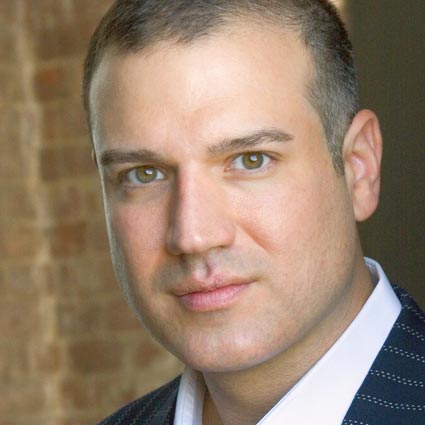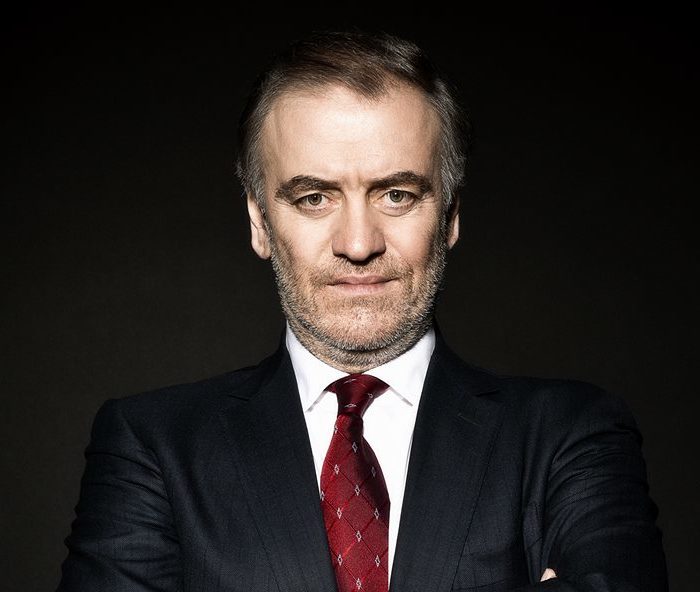
German Stage Association Calls For Clear Commitment to Culture; Intendants Chime In
By Dejan Vukosavljevic(Credits: © Semperoper Dresden/Ludwig Olah / © www.christianthiel.net)
The German Stage Association has called for a consistent approach and a clear commitment to culture from the federal, state and local authorities.
“We observe with concern,” the association said in a press release, “that the amended Infection Protection Act seems to offer the federal states expanded scope for action almost exclusively in the area of cultural events. If contact restrictions have to come about, all areas of society must be able to be considered. There must not be another one-sided disadvantage of art.”
The Association of German theaters and orchestras warns of blank lockdowns and expects a differentiated concept so that the houses can remain open. Comprehensive 2-G and 2-G plus rules for the public, distance rules, extensive hygiene plans, consistent test and vaccination controls, a mask requirement if possible, guidance for visitors and well-functioning ventilation systems in the halls are the basis for ensuring that the situation for cultural institutions, as well as for freelance artists, doesn’t become problematic, said the association in a statement.
Intendant of the Oper Frankfurt Bernd Loebe sent an open letter to the Prime Minister of Hessen Volker Bouffier, saying that another round of closures would be devastating for theaters and opera houses. “When we last closed, we lost 6,000 of our subscribers, and that proportion would continue to grow,” added Loebe in a letter to Bouffier.
The German Stage Association also reiterated its position regarding the voluntarily canceled events.
“A situation in which events are not formally canceled, but at the same time are no longer economically feasible, would be unbearable for the cultural institutions,” added the association. In such a case, payment of cancellation fees would have to be possible.
The outgoing Minister for Culture Monika Grütters spoke out against the closure of cultural institutions before handing over to the new Minister Claudia Roth. Almost 2 billion euros aid package by the German federal government should provide full support for the theaters in case of canceled events due to COVID-19.
However, another painful problem appeared to reveal the vulnerability for reopened theaters – poor attendance. The problem has been spotted globally, but 50 directors of opera houses, orchestras and theaters in France have signed an open letter clearly describing the scope of it. German theaters are seeing the same problem.
OperaWire reached out to Intendants of the Semperoper Dresden Peter Theiler and Deutsche Oper Berlin Dietmar Schwarz in order to better understand the circumstances around new round of cancellations and anxiety surrounding the ongoing work challenges.
Semperoper Dresden has been particularly badly hit by the fourth COVID-19 wave in Germany. The opera house has closed until at least Jan. 9, 2022 due to existing lockdown in Saxony and absence of any longterm planning vision. Additionally, last two performances before the closure on Nov. 22 brought painful last minute cancellations due to COVID-19 outbreak.
“I fully support the decisions made by the Saxony’s Ministry for Science, Culture and Tourism,” Theiler said to OperaWire. According to Theiler, 2G rule for the audiences that is currently in place should be strictly implemented. Opera house also has a comprehensive protection protocol for the artists. The Semperoper Dresden is currently devising plans for possible extended closure beyond Jan. 9, 2022, if the epidemiological situation requires such an extension.
“We are relatively satisfied regarding the attendance, since we’re allowed to have only up to 500 spectators in our performances. However, after my consultations with colleagues in Germany and abroad, we clearly notice a growing hesitancy among the spectators, which translates into underwhelming attendance,” added Theiler.
The Intendant of the Deutsche Oper Berlin Dietmar Schwarz shares the same sentiment.
“People are more reserved to buy tickets for theaters and concerts, and moreover they tend to buy at shorter notice. But this is perfectly understandable, because everybody has to find the way to behave in this difficult situation. There are many pros and cons for individual decisions – but also an important number of people who are taking big benefit of listening to music and see performances in theaters and opera houses.”
The Deutsche Oper Berlin had no experience with COVID-19 outbreaks or canceled events.
“We have good experiences in Berlin with 2G+ in our theaters and opera houses, taking into consideration that the + is in most cases the obligation to wear a medical or FFP2 mask throughout the whole stay in the opera house (including the performance). As far as we know there were no clusters of infections respecting the mentioned rules. If more aggressive variants of the virus demand stricter rules, there is still the possibility to ask for a second +, i.e. a negative test,” added Schwarz. “If the situation gets worse and the need of strict contact restrictions arises, then there is no choice in closing also theaters and concert halls. But we hope that this can be avoided with the present regulations.”
With the fourth COVID-19 wave in Germany not abating despite tightened restriction measures, it is difficult to foresee how the situation might evolve during winter months, when people tend to spend much more time indoors. The emergence of a new and dangerous Omicron SARS-CoV-2 variant adds to such worries. The vast majority of German theaters and opera houses seems to have the situation under control, at least for now. Time will tell if the new round of closures takes place, greatly hurting already vulnerable theaters. With such uncertainty, intendants of the opera houses and theaters in Germany can remain proactive responding to the arising emergencies. The federal and state governments could also devise clear plans about possibilities in such a situation.
Forecasting the evolution of a pandemic of such extent is a fool’s errand, but having contingency plans in place that can cover even worst outcomes could turn out highly desirable and effective.
Categories
News


